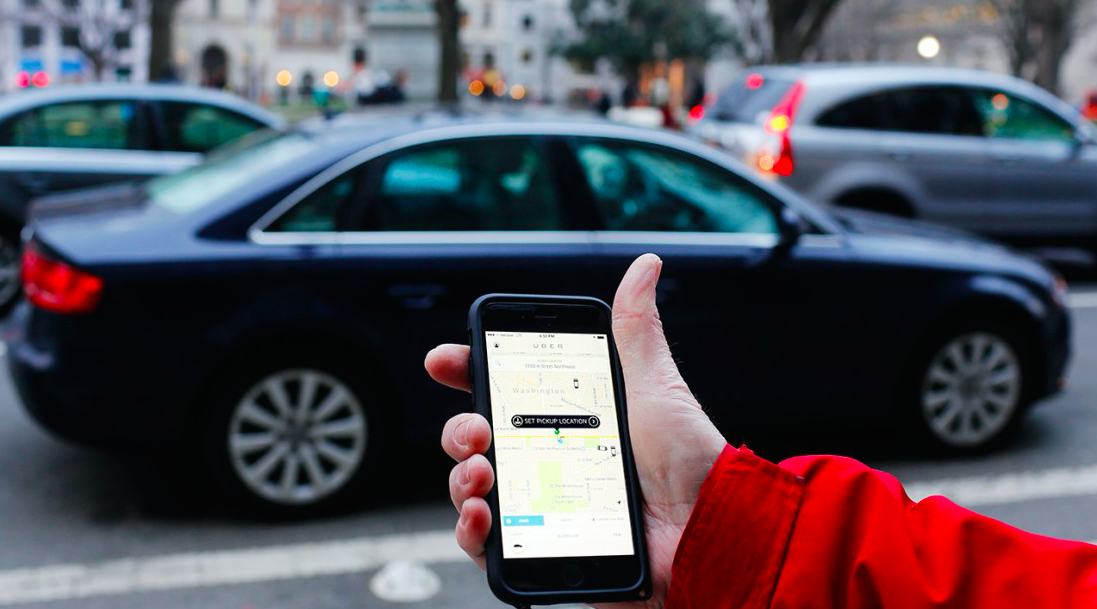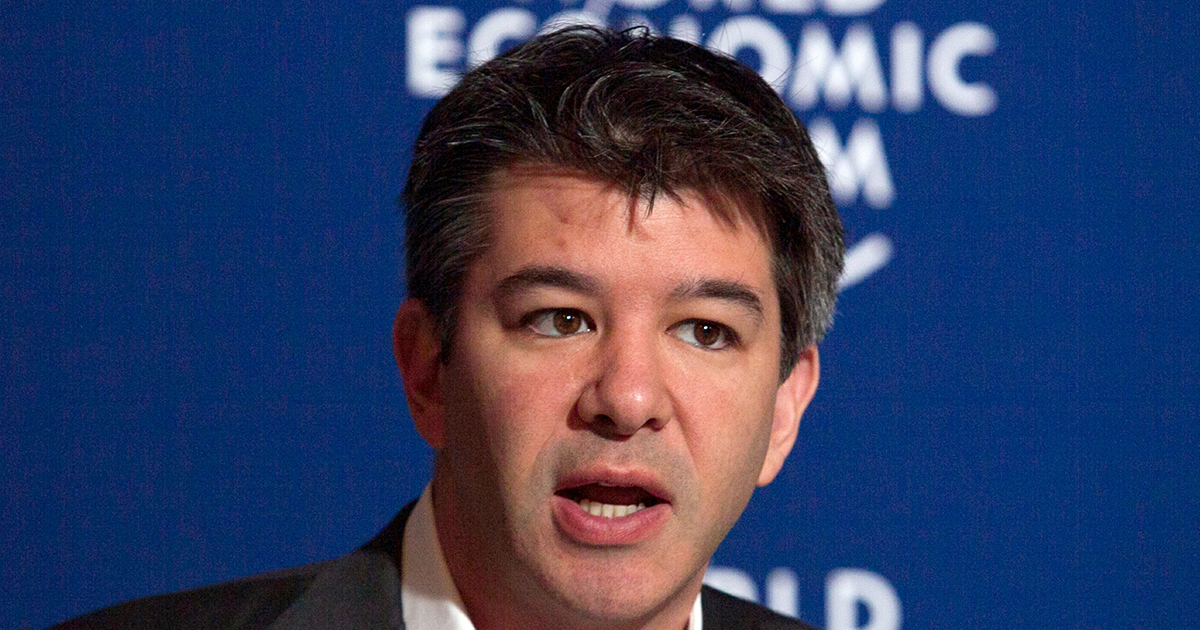How This Uber Exec Handled a Rape Case Is Infuriating

By:
Uber has had a pretty rough year, with allegations of unsavory business practices, sexual harassment, and discrimination popping up every few weeks. Now new claims regarding the ride-hailing company's handling of a rape case are generating headlines.
Eric Alexander, Uber’s president of business in the Asia Pacific, allegedly obtained the medical records of a woman who was raped by an Uber driver in India, according to Recode.
In December 2014, an Uber driver in Delhi raped a woman who used the service to get home. The driver was convicted of rape and kidnapping and sentenced to life in prison in October 2015.
The driver’s actions had major consequences for the company. During the trial, it was revealed that the driver had previously been arrested for rape, leading to questions about Uber’s screening process. The ride-hailing company was subsequently banned in New Delhi for about six months.
In response, Uber introduced new safety features, including a panic button. Company officials publicly expressed sympathy for the victim and pledged to make the app safe for its users. But behind closed doors, Uber officials questioned the legitimacy of the victim’s account.
 Mark Warner/Flickr - flickr.com
Mark Warner/Flickr - flickr.com
Alexander maintained the assault was a ploy by local competitor, Ola, to defame Uber, sources told The New York Times. Alexander spent months in India, investigating the case on his own and even obtaining the victim's medical records, hoping to prove his point.
Alexander reportedly shared and discussed the medical documents at length with multiple company members, including Uber CEO Travis Kalanick and Emil Michael, the company’s senior vice president of business.
 AP/Stringer - apimages.com
AP/Stringer - apimages.com
Sources close to Kalanick, including an ex-girlfriend, told Bloomberg that he too questioned whether the woman had been raped.
Invasion of Privacy
Indian judges and police officers have been quick to point out there is no reason that Uber officials should ever have been in possession of medical records—and that obtaining them is a huge invasion of privacy. Sources told Bloomberg that Alexander often carried the physical file around with him.
Under India’s Freedom of Information Act, citizens are able to apply for access to private records. But officials say that sensitive information like this would likely have been denied.
“Had [Uber] applied for permission, police would never have given it,” Madhur Verma, the Delhi police officer in charge of the rape investigation, told The Guardian. “It is not a right practice for [Uber’s] private investigation to use government records which the law does not permit that they should have.”
It is unclear how Alexander obtained the medical records.
Perpetuating Rape Culture
One of the major deterrents for women reporting rape is fear that they’ll be re-victimized in public, their accounts picked apart and questioned.
.jpg?auto=format&crop=faces&fit=crop&q=60&w=736&ixlib=js-1.1.0) Bigstock/Tinatin - bigstockphoto.com
Bigstock/Tinatin - bigstockphoto.com
The company’s alleged use of medical records to undermine the victim’s case, and their pointing to a lack of physical harm to the victim, also perpetuates the myth that a true rape victim is one who is beaten. Often, the threat of violence (along with the violence of nonconsensual sex itself) stops a victim from fighting back.
“It is incredible in this day and age that one could even fathom that a legitimate rape victim was part of a conspiracy by a rival firm to harm Uber,” Douglas Wigdor, the lawyer who represented the rape victim, told The Guardian. “Sadly, these views, coupled with the scrutiny of private medical records, support rape culture and must end.”
Uber did not respond to ATTN:'s request for comment, but officials told The Guardian that Alexander is no longer with the company.
